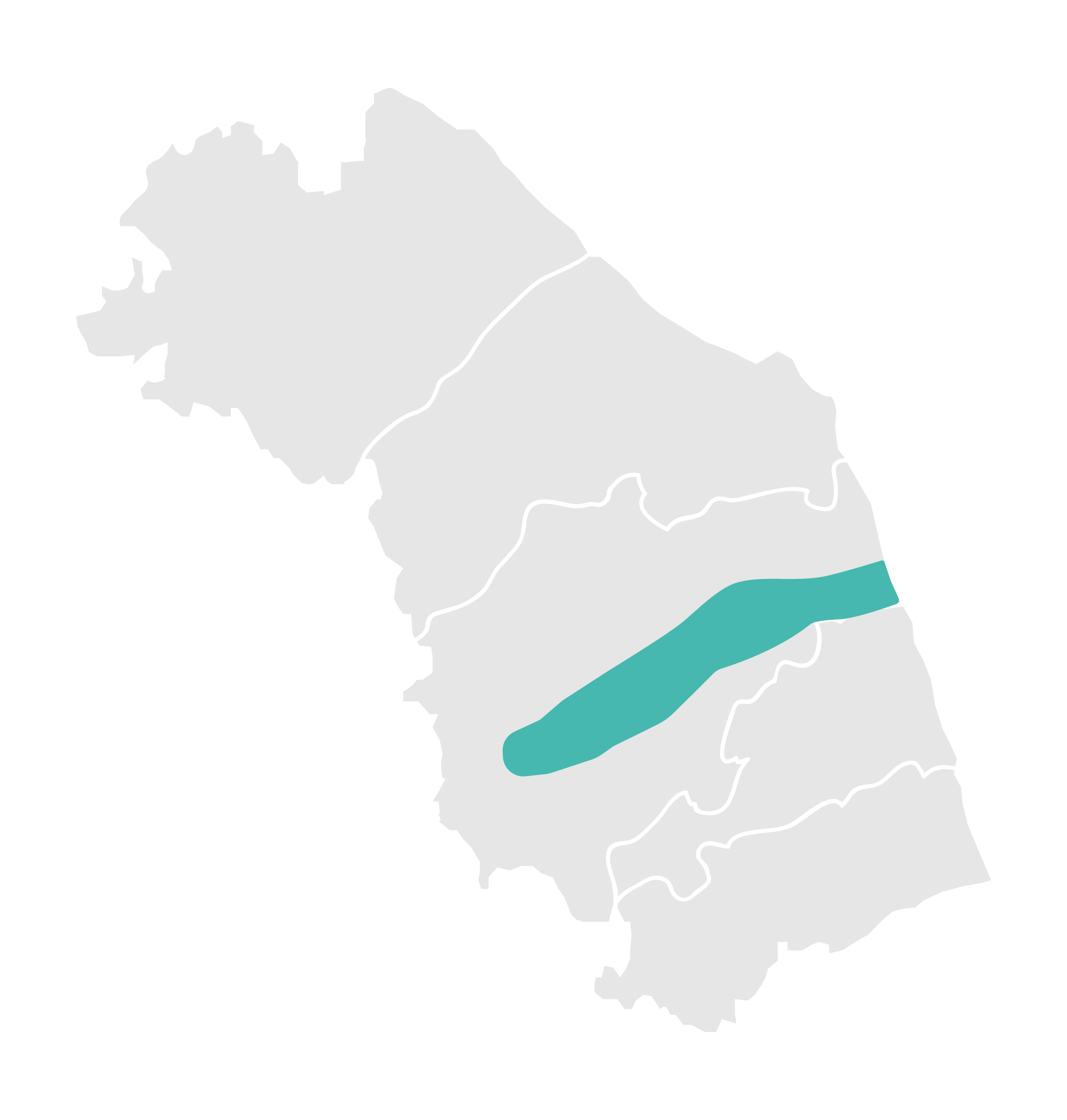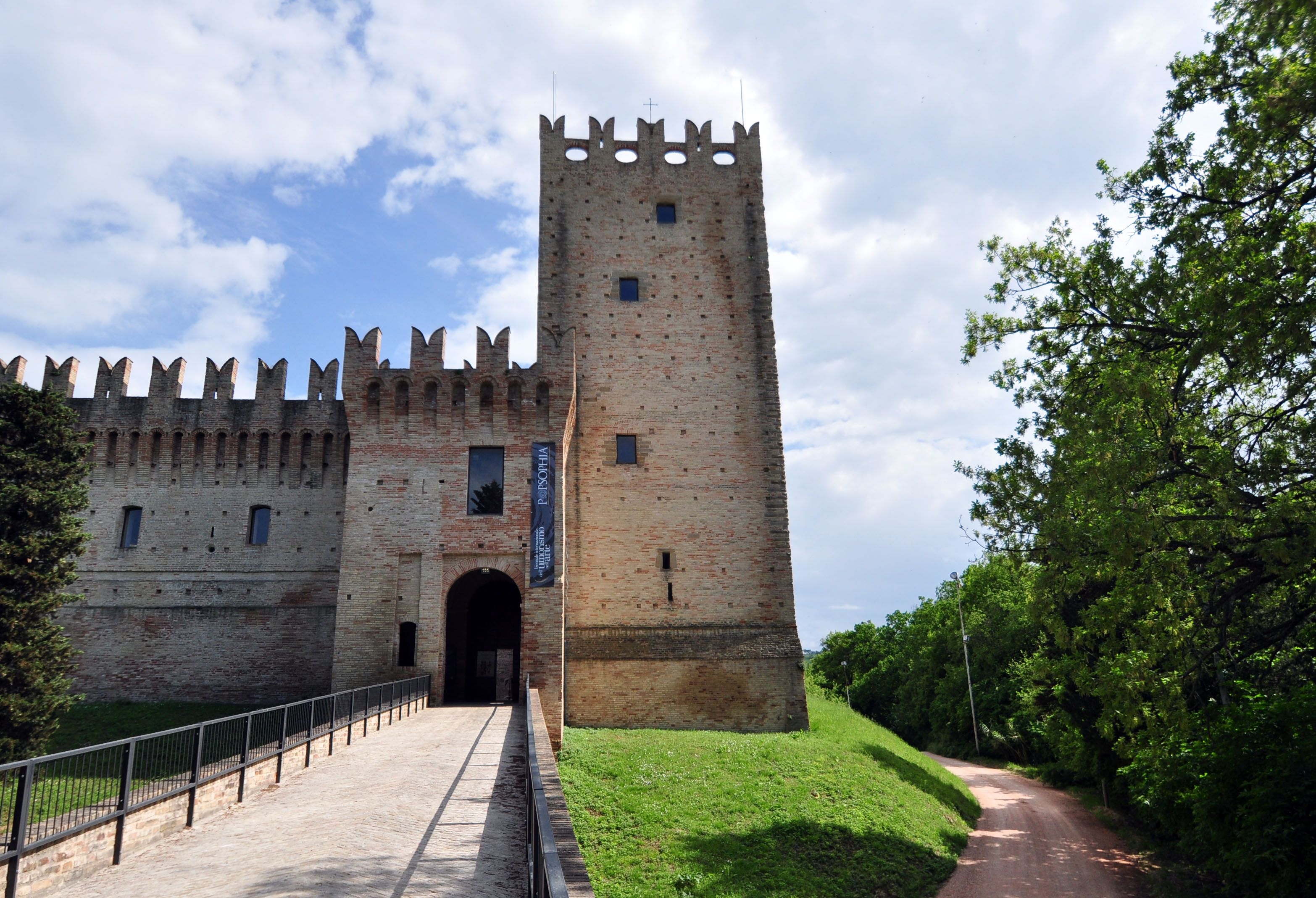
In the splendid Rancia Castle, built in the 14th century on the structures of a fortified barn, the "Aristide Gentiloni Silverj" Archaeological Museum hosts testimonies of Roman and pre-Roman Tolentino. The museum takes its name from Count Gentiloni Silverj, whose legacy was the nucleus around which the Museum itself developed. The oldest finds in the rich collection are dated to the Palaeolithic and consist mostly of stone tools that tell about the activity in the area during this period. An important find from the Prehistoric Age is the famous "Ciottolo di Tolentino", a stone tool dating to the Upper Paleolithic on which a bovine head is represented, currently preserved at the National Archaeological Museum of the Marche in Ancona. Also interesting are the finds from the Bronze Age dwellings, located in S. Egidio and Contrada Cisterna and excavated by the Archaeological Superintendence. Numerous are the finds from the five Picene necropolises dating from the end of the nineteenth century in the immediate vicinity of the city's historic center; the rich grave goods of excavated graves, dating from the 9th to the 3rd centuries BC, document the liveliness and richness of the territory, favored by its strategic position and the proximity of the Chienti River. Weapons, utensils, objects of local production, as well as Etruscan and Greek imports, lead one to understand the importance of Tolentino's center in the pre-Roman period. There are fewer testimonies of the Roman phase of the city of Tolentinum, among which the extraordinary statue of Flavia Giulia Augusta, daughter of Emperor Tito, and the various finds from the Roman necropolis must be cited. Again for the Roman phase, although preserved in the cathedral of San Catervo, it is worth mentioning the sarcophagus of Giulio Catervo, a remarkable artistic testimony of the period between 4th and 6th centuries AD.
We have found no place to eat in the vicinity
We have found no place to sleep in the vicinity
Nelle zone di confine dell’entroterra marchigiano i principi umbri di Camerino vivevano a contatto con numerosi villaggi, anch’essi retti da principi guerrieri piceni. I pregevoli corredi delle necropoli, risalenti alla fine dell’VIII - inizi VI sec. a.C., documentano i fitti scambi con l’oriente greco e con l’Etruria e attestano il ruolo cruciale di queste popolazioni nei traffici mercantili tra Adriatico e Appennino, che essi controllavano e da cui traevano le loro ricchezze.

|
Address | Castello della Rancia, Contrada Rancia Tolentino |

|
Phone Number | (+39) 0733973349 |

|
Opening Time | Orario invernale (1 Ottobre - 30 Aprile): Lun - Mart chiuso. Merc. - Giov. 14:00 - 18:00, Ven., Sab., Dom.e festivi 10:00 - 18.:00 Orario Estivo (1 Maggio - 30 Settembre) Lun. chiuso. Da mart. a dom. 10.30-18.30. |

|
Closure Day | Natale e 1 gennaio |

|
Visit Time | 45 min |

|
Entrance Fee | Intero: euro 4; ridotto: euro 2,50 |

|
Reservation Required | no |

|
Bookshop | yes |

|
Free Guided Tour | no |

|
Guided Tour | Possibilità di visite guidate a pagamento |

|
Parking | yes |

|
Disabled Accessibility | yes |

|
Audioguide | no |

|
Didactic Rooms | yes |

|
Conference room | yes |

|
English language | yes |

|
Public Transport | no |

|
Family Services | no |



